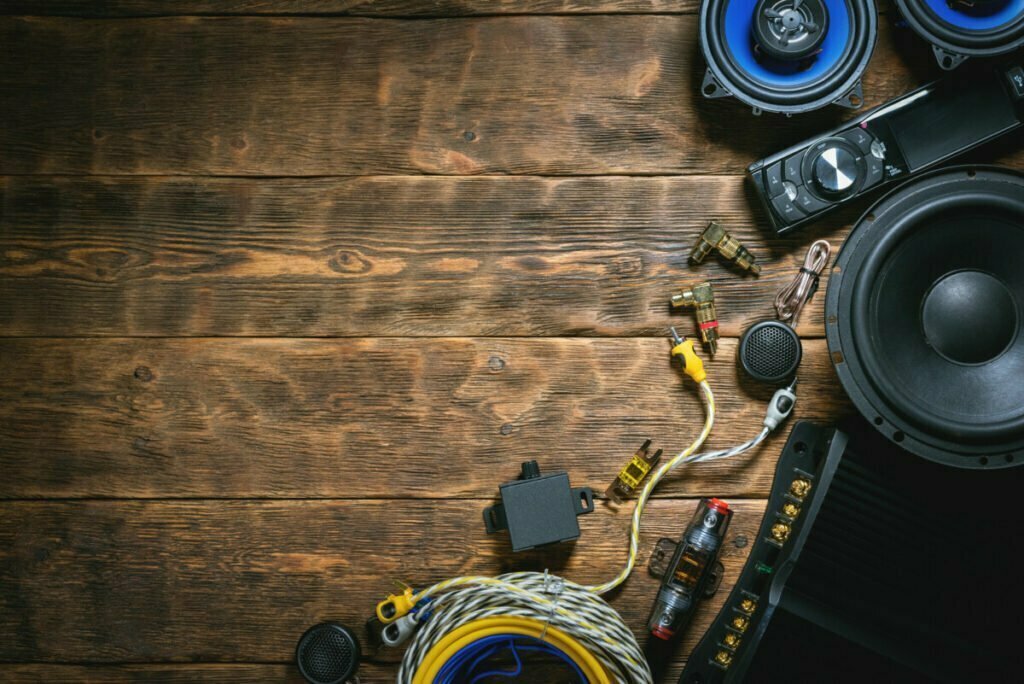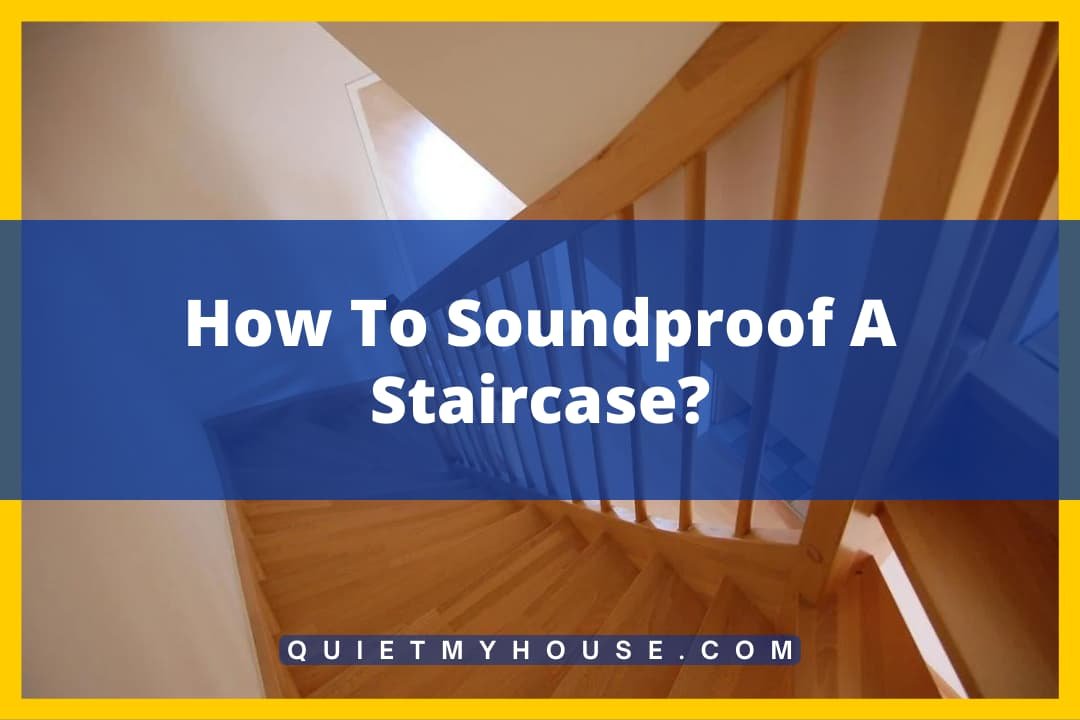A terribly annoying and perpetual problem is excess noise from outside the room you are in. Maximizing the amount of soundproof of a room is a deeply studied field in the world of physics and engineering. As someone who has studied several fields of physics including acoustics, I hope to answer this without being frequented by boredom.
Solid doors are more soundproof than hollow doors. This is because the rigidity of the door helps prevent sound waves from traveling through the door into the space that is on the other side. Hollow doors, like musical instruments, act to exaggerate sound instead of blocking it.
However, this answer is not so very intuitive, and it takes a few principles combined together in order to get to a correct response.
How Do Sound Waves Move?

Sound waves are mechanical waves, meaning actual physical things are moving instead of other kinds of waves like electromagnetic (light) waves. So the important part of waves (and especially important for our purposes) is that waves need a medium to travel through.
A medium is a material or something similar that is used in conjunction with something else. Again, the opposite is light waves which do not need a medium to travel through.
Without a medium, sound waves can’t travel. This is why there is no sound in space since there are no particles to carry the sound energy. It would be like trying to knock over dominos with no dominos after the first one. Nothing is going to happen.
If you hit a table with your hand, a sound is produced, but how does it actually get to your ear? The answer is the medium. The vibration and contact from your hand on the table releases some energy that travels through the air. In this case, the air is the medium.
The movement from your hand hitting into air molecules causes other air molecules to move which hit into other air molecules all the way until that bounce into your ear and vibrate your ear drum.
These are called longitudinal waves. This means the particles are moving in the same direction as the wave. Think about a whole line of dominos, where when they all fall over, the dominos fall over in the direction of the way the wave is moving.
The opposite is latitudinal waves. Think of when a bunch of people do the wave at a sports game. What is actually moving is their arms and they move up and down, but the wave moves forward.
Both kinds of waves need a medium, but each wave uses the medium in a different way.
How Do Mediums Impact Sound Waves?
Sound will travel differently depending on what’s carrying the wave. The general distinctions are between solids, liquids, and gases. The key here is density.
The closer particles are together, the faster the particles hit each other, and therefore the wave moves faster. Sound travels much faster through solids than liquids and through liquids much faster than gases.
This is why putting your ear against something solid like a table or door makes noise sound so much different. Our ears are used to hearing through the air, and so changing what we listen to always makes the sound very foreign to us.
If you put your ear to a tree you can probably hear many more things like squirrels or birds touching the tree than you can just listen through the air. So listening through wood is much different than listening through the air… yeah we all know where this is going.
How Do New Mediums Impact Sound Waves?

So here is the unintuitive part. If sound travels much faster through solid objects, shouldn’t a rigid door be terrible at soundproofing compared to a hollow door since it is much more solid? It makes total sense to me! But there is more to the picture.
There is one more principle of physics needed to be discussed. We need to know what happens when a sound wave changes mediums.
Going from a solid to a gas is not the same as going from a gas to a solid. When sound waves change medium, they have to be able to vibrate the substance they are going to.
Two cars crashing made a tremendous noise because it is easy for the sound waves which travel extremely fast through the cars (or what’s left of them) and into the air. There is a ton of energy and so they can push through into the air. The same is not true the other way around.
If you’re in a car and someone is playing music outside, the sound waves travel through the air relatively slowly and have to try to vibrate the material your car is made out of. Not so easy.
The atoms that make up the car materials are tightly packed and dense. Vibrating the solids is going to mean vibrating all of them. Not so easy compared to vibrating air.
Adding it All Up
And so here is where everything combines together.
If a sound wave is traveling through the air it will attempt to vibrate anything it touches. This will include the closed door which we are so curious about.
If the door is extremely dense and heavy, the sound wave has to try to vibrate the entire door. You can see the difference this will make when compared to a lighter door, like a hollow one.
A ton of energy is lost when the sound wave is trying to vibrate the solid door, and when the door vibrates the air on the other side, the sound wave is going to be relatively weak.
Let’s look at the same scenario but with a hollow door.
The noise outside creates a sound wave that travels and hits into the closed door. The thin first wall is pretty easy to vibrate compared to a solid door.
The sound wave will pass through relatively easy and into the air which will then smack up against the second thin part of the hollow door and again will be easy to vibrate. The air on the inside of the room is then vibrated and passes annoyingly into your ear.
Of course, there are many many more principles that act in this whole process, and many parts were left out, but this is a general principle.
And there you have it. Get a solid door if you want to keep all that noise out.




